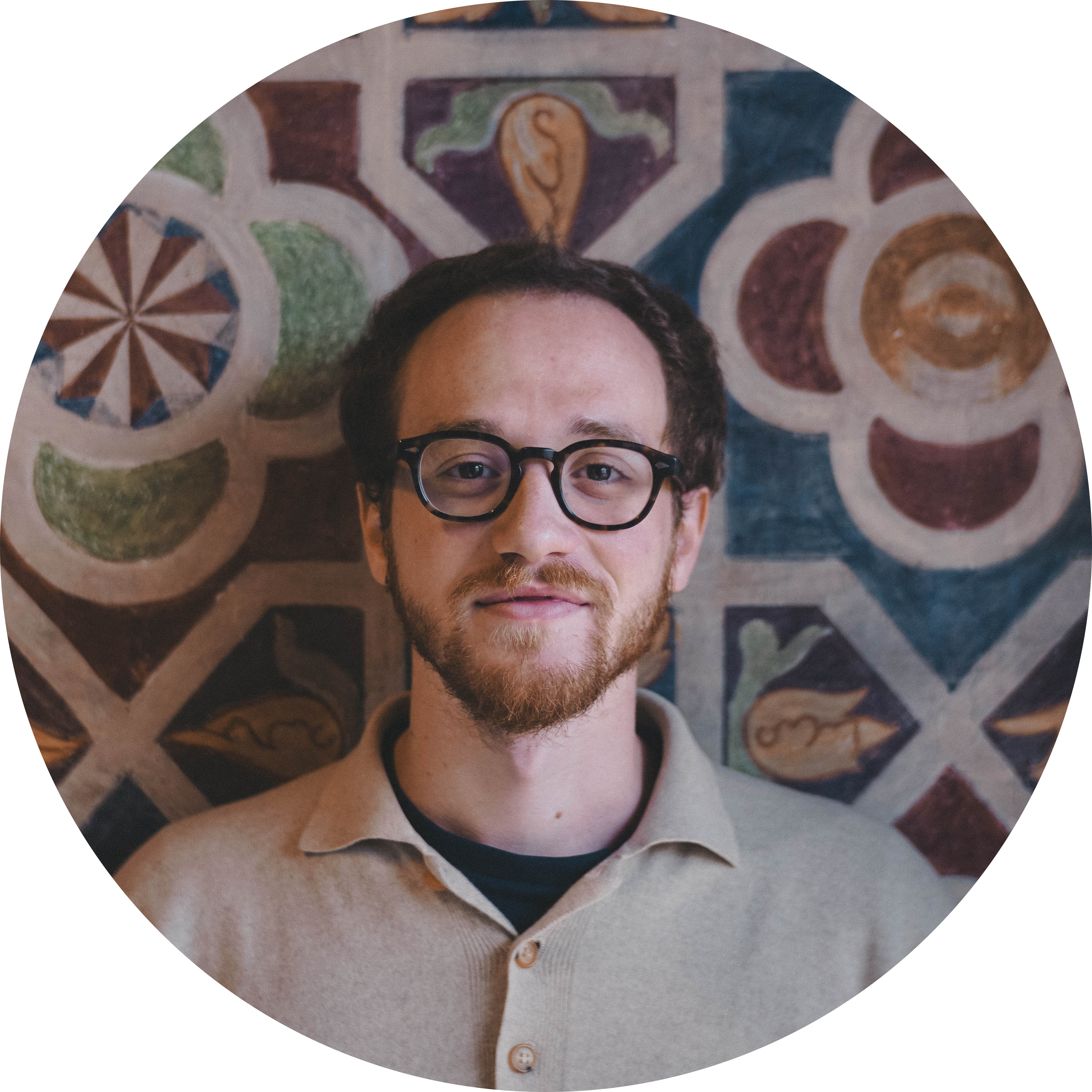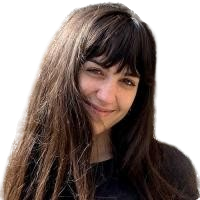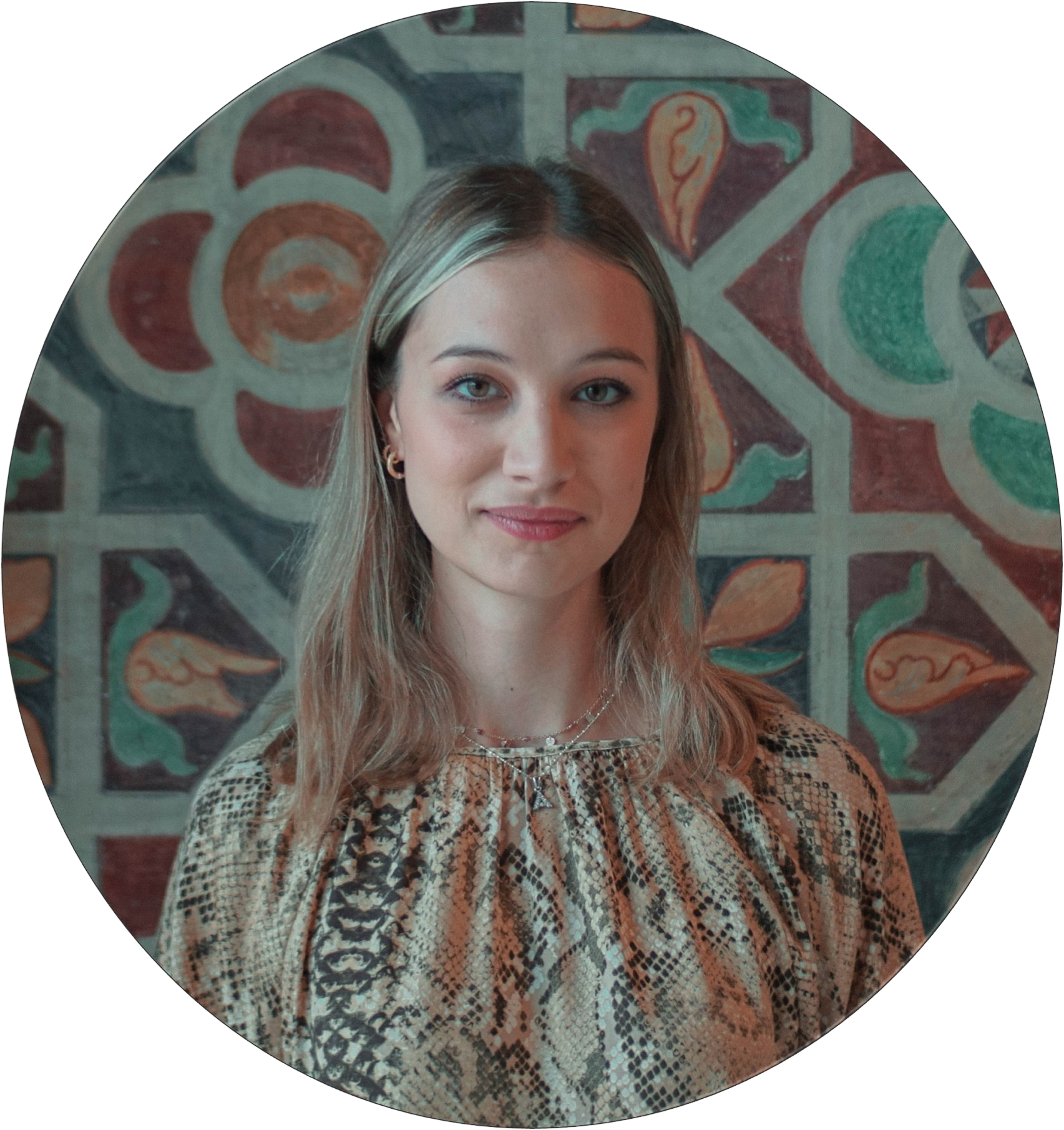Main Session
The theme of this year’s ConSOLE is movement. Movement is, in many theoretical traditions, one of the most fundamental and far-reaching notions in linguistics: it captures the fact that units of language are not always interpreted where they are pronounced, nor pronounced where they are first merged. Displacement, reordering, and shifting can be observed at many levels of grammar, from word-internal morphology to large-scale syntactic configurations, and in certain phonological and semantic phenomena as well.
What makes movement so intriguing is both its pervasiveness and its diversity. Syntactic theories account for phenomena like wh-movement, topicalization, scrambling, or raising by invoking displacement operations, while phonologists have described processes such as tone shift, metathesis, and prosodic restructuring in movement-like or reordering terms. In syntax-semantics interface research, covert movement has been hypothesized as a way of modeling scope and binding. Morphological systems, too, may exhibit movement-like effects, for instance in affix placement and alignment. Finally, from a computational perspective, movement phenomena present important challenges for parsing algorithms and machine learning models, which must handle non-local dependencies and long-distance relationships between elements.
This year’s theme aims to encourage a conversation across domains. Why is movement such a pervasive property of language? What motivates it, and what role does it play in grammar and interpretation? Is there unified notion of movement underlying its many manifestations, or are we dealing with distinct mechanisms that only appear similar? How do locality conditions, intervention effects, and interface restrictions shape the possibilities for movement? What do typological and experimental data tell us about the universality or variation of movement phenomena?
We welcome contributions that address these questions from any theoretical perspective and across all areas of linguistics.
The deadline for applications is 1st October 2025 8th October 2025.
To apply, follow the instructions on EasyAbs.
If you want to be considered for a travel grant, please indicate this in the submission form. See the relevant Travel Grants page for more information.
If you want to apply for the neurolinguistics workshop, see the call at the dedicated page for more information.
For any questions, please contact us at console34@iusspavia.it





